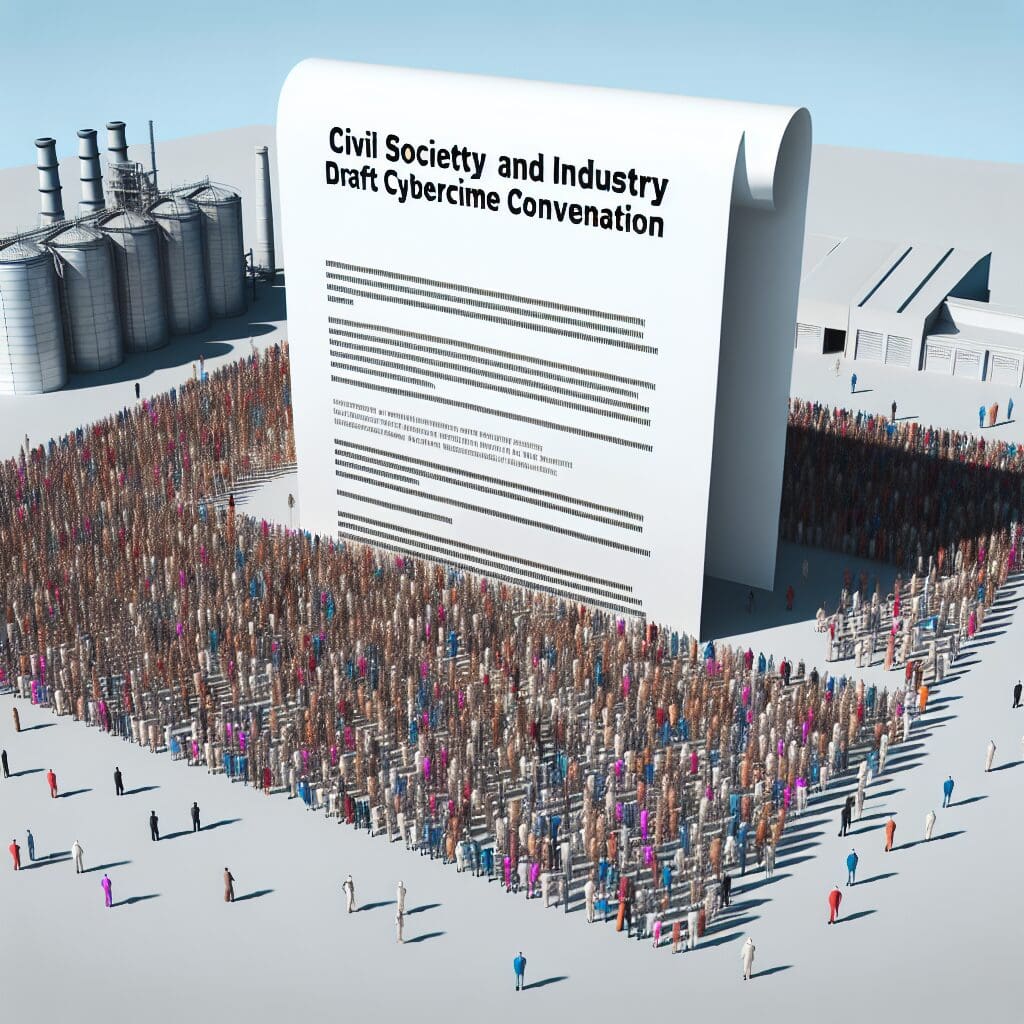Civil society and industry leaders have voiced significant concerns regarding the UN’s draft Cybercrime Convention, emphasizing the need for enhanced transparency and robust protections for human rights. Notably, stakeholders such as the UN High Commissioner for Human Rights and the Electronic Frontier Foundation have highlighted that the draft treaty could have serious implications for privacy and free expression.
One of the key issues raised is the potential for the convention to facilitate surveillance and data sharing among nations, which could undermine individual rights. Critics argue that the current proposal lacks comprehensive safeguards, thereby risking the erosion of civil liberties. For instance, a lack of due process could lead to wrongful prosecutions based on inadequate cybersecurity standards.
Additionally, there is apprehension about the vague definitions of cybercrime in the draft, which might be exploited to target dissenting voices or legitimate online activities. Human rights organizations emphasize the need for clear definitions and accountability measures to prevent misuse of the treaty.
As discussions continue, the proactive involvement of civil society is crucial to ensure that the final version of the convention prioritizes human rights and fosters a secure digital environment without compromising individual freedoms. The balance between national security and personal privacy remains a pivotal challenge for policymakers in this digital age.












